Acronyms
Sales, Marketing, and Technology Acronyms and Abbreviations. Jump to acronyms beginning with the number or letter:
-
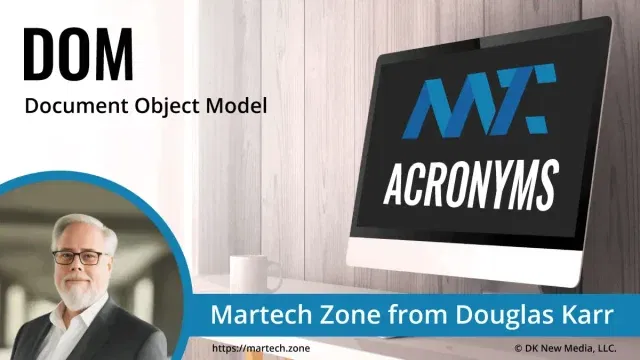
DOM
A programming interface for HTML and XML documents. The DOM represents the structure of a web page as a tree-like structure, where each node in the tree represents a different element or object on the page, such as headings, paragraphs,…
-

DOOH
A subset of Out-of-Home (OOH) advertising that utilizes digital technologies to display advertising content in public spaces. DOOH advertising has gained popularity in recent years due to its ability to deliver dynamic, targeted, and interactive advertising experiences to audiences outside…
-
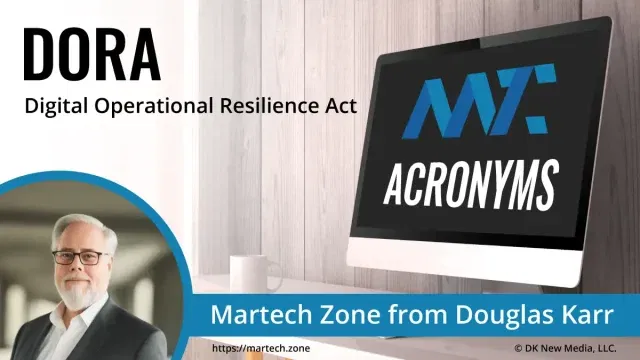
DORA
An EU regulation aimed at ensuring the operational resilience of financial entities in the face of ICT (Information and Communications Technology) disruptions. It sets out requirements for managing ICT risk, incident reporting, and information sharing. DORA applies to a wide…
-
DoS
A cyber attack whose goal is to make a computer resource or network unavailable to its intended users. This is typically accomplished by overwhelming the target system with a flood of traffic or requests, causing it to slow down or…
-
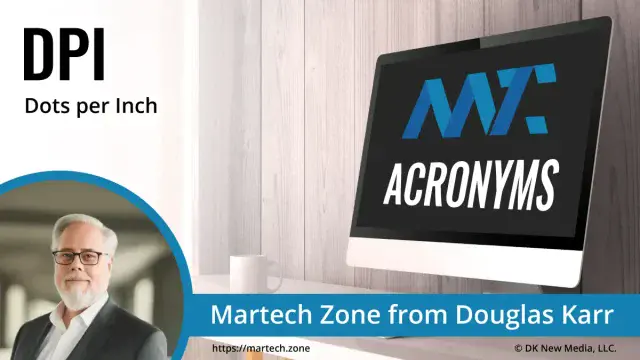
DPI
A measure of an image’s or printed output’s resolution refers to how many individual dots of ink or toner can fit within a one-inch line. Here’s a breakdown of its different contexts: Printing: DPI refers to the number of ink…
-
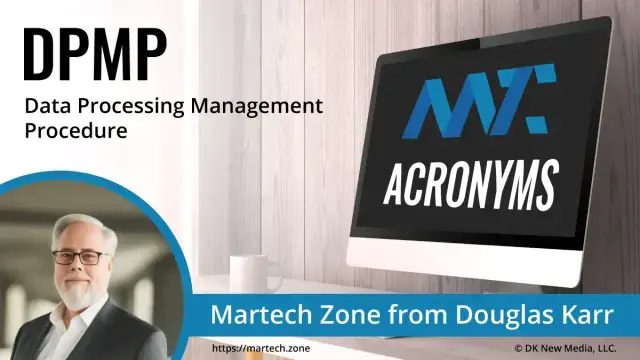
DPMP
A set of guidelines, policies, and procedures that outline how an organization processes, manages, and protects data throughout its lifecycle. The purpose of a DPMP is to ensure that data is handled consistently, securely, and in compliance with relevant laws,…
-
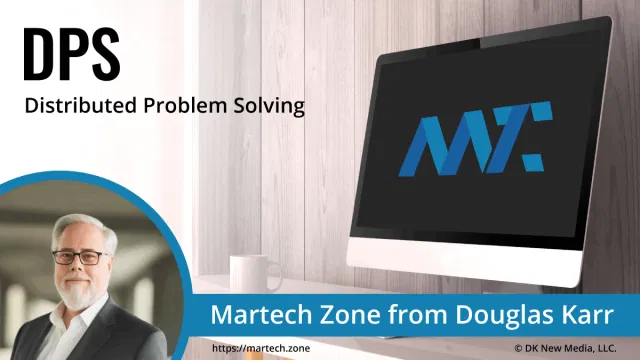
DPS
A branch of Distributed Artificial Intelligence (DAI) focused on how multiple agents, each possessing partial knowledge or capabilities, can collaborate to solve a complex problem by dividing and conquering the work. In contrast to centralized problem-solving systems, DPS distributes the…
-
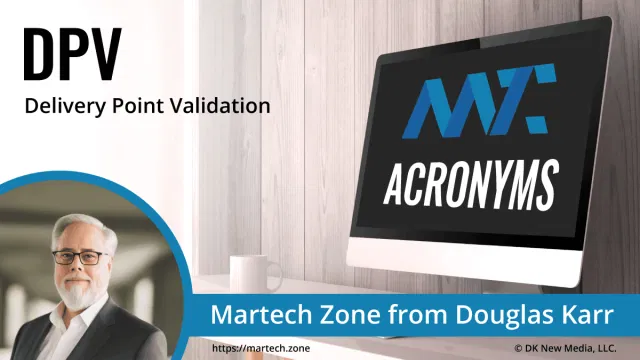
DPV
A process used by the United States Postal Service (USPS) and address verification systems to confirm whether a specific mailing address is recognized as deliverable. Unlike general address validation—which checks if an address is formatted correctly and exists—DPV goes a…
-
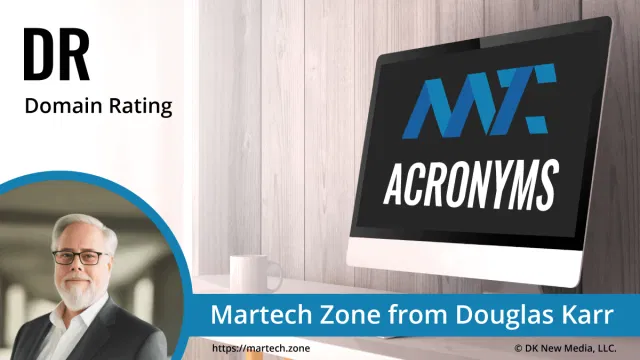
DR
DR is an SEO metric developed by Ahrefs that measures the overall strength of a website’s backlink profile on a logarithmic scale from 0 to 100. A higher DR indicates a stronger domain with high-quality backlinks, while a lower DR…
-
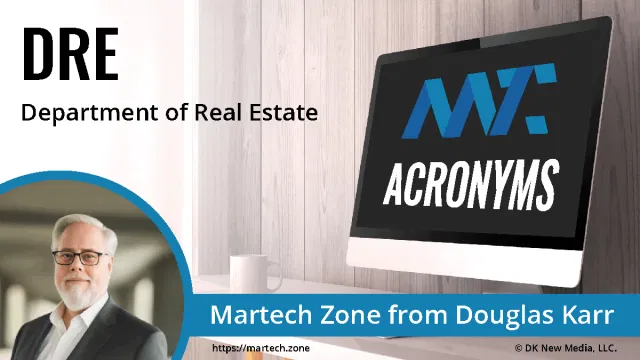
DRE
A license number issued by the California Department of Real Estate to real estate brokers and salespersons. This number is essential for advertising in California’s real estate industry, as it ensures that the person or entity conducting real estate business…








